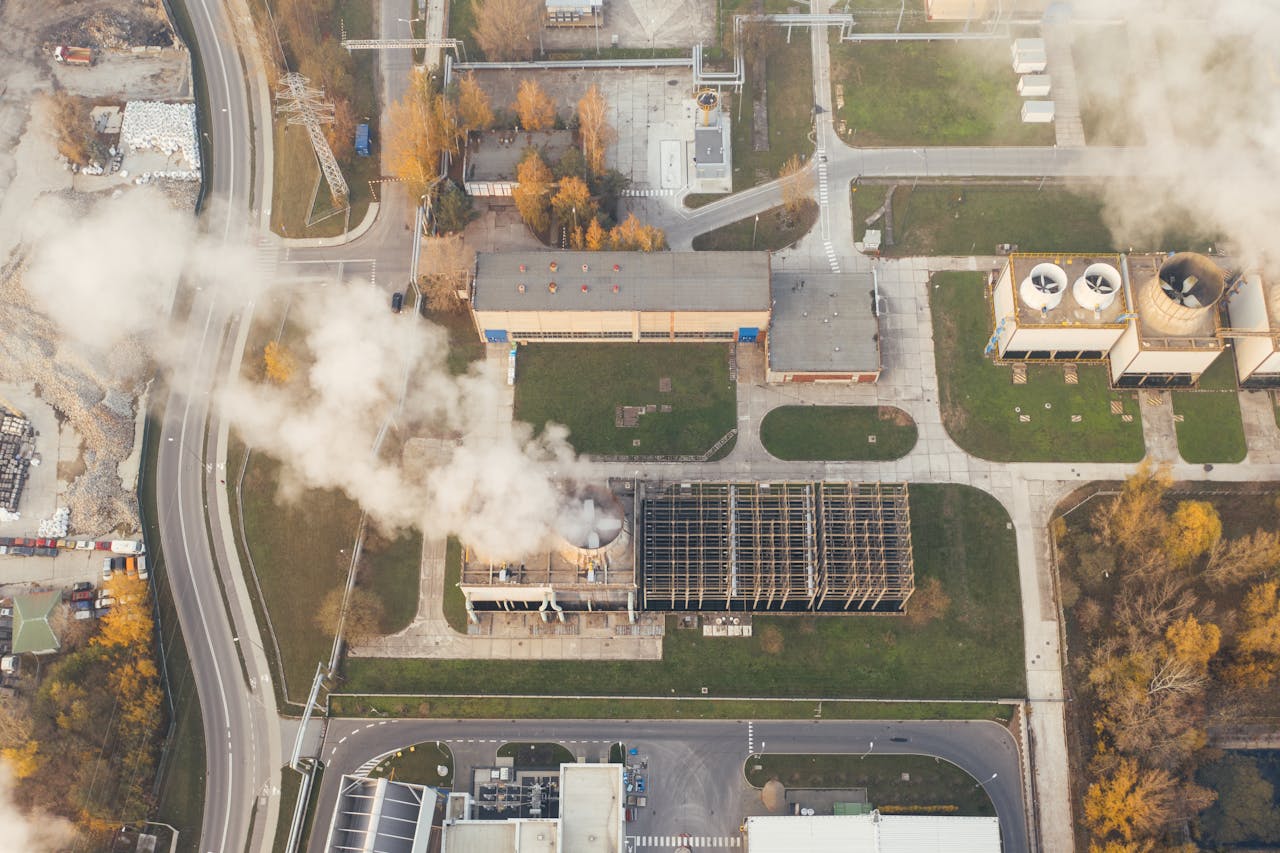Exploring the Scientific Basis for Climate Change and Its Global Impacts
Climate change has emerged as one of the most pressing issues of our time, influencing ecosystems, weather patterns, and human societies worldwide. At the core of this phenomenon lies the greenhouse effect, a natural process that has been intensified by human activities. Understanding the scientific basis of climate change and its global impacts is essential for developing effective responses to this critical challenge.
The Greenhouse Effect: A Natural Process
The greenhouse effect is a fundamental component of Earth’s climate system. It occurs when certain gases in the atmosphere, known as greenhouse gases (GHGs), trap heat from the sun. These gases include carbon dioxide (CO2), methane (CH4), nitrous oxide (N2O), and water vapor. Without the greenhouse effect, Earth would be too cold to support life as we know it, with average temperatures hovering around -18 degrees Celsius (0 degrees Fahrenheit).
Solar energy reaches the Earth, where it is absorbed by land, water, and vegetation. The planet then radiates this energy back into space in the form of infrared radiation. Greenhouse gases absorb and re-emit some of this radiation, effectively warming the atmosphere. This process is essential for maintaining a habitable climate, but the rapid increase in GHG emissions due to human activities has disrupted this balance.
Human Contributions to Climate Change
Since the Industrial Revolution, human activities have significantly increased the concentration of greenhouse gases in the atmosphere. The burning of fossil fuels for energy, deforestation, industrial processes, and agricultural practices have all contributed to this rise. For example, CO2 levels have surged from about 280 parts per million (ppm) in the pre-industrial era to over 410 ppm today.
Methane, another potent greenhouse gas, is released during the extraction and transport of fossil fuels, as well as through agricultural practices such as livestock production and rice cultivation. Although methane is present in smaller quantities than CO2, it is over 25 times more effective at trapping heat over a 100-year period. Nitrous oxide, primarily from agricultural fertilizers and fossil fuel combustion, has also seen significant increases in concentration.
The Scientific Consensus on Climate Change
The overwhelming majority of climate scientists agree that climate change is real, primarily driven by human activities, and poses significant risks to the planet. Reports from the Intergovernmental Panel on Climate Change (IPCC) synthesize current scientific knowledge and emphasize the urgency of addressing this global challenge. The IPCC’s assessments outline the potential consequences of climate change, including more frequent and severe weather events, rising sea levels, and disruptions to ecosystems.
Global Impacts of Climate Change
- Rising Temperatures: Average global temperatures have increased by approximately 1.2 degrees Celsius (2.2 degrees Fahrenheit) since the late 19th century. This warming affects weather patterns, leading to more extreme heatwaves, droughts, and heavy rainfall.
- Melting Ice and Rising Sea Levels: Glaciers and polar ice caps are melting at an alarming rate, contributing to rising sea levels. According to the IPCC, global sea levels could rise by up to 1 meter (3.3 feet) by 2100 if current trends continue. This poses a threat to coastal communities and ecosystems.
- Ocean Acidification: The absorption of excess CO2 by the oceans is causing ocean acidification, which affects marine life, particularly coral reefs and shellfish. Healthy oceans are crucial for biodiversity and the livelihoods of millions of people.
- Impacts on Biodiversity: Changing climate conditions disrupt ecosystems, leading to shifts in species distributions, altered migration patterns, and increased extinction risks. Many species are unable to adapt quickly enough to these changes, threatening global biodiversity.
- Food Security: Climate change affects agricultural productivity through altered precipitation patterns, increased pests and diseases, and extreme weather events. This can lead to food shortages, rising prices, and increased hunger in vulnerable populations.
- Health Risks: Climate change poses direct and indirect health risks. Heatwaves can exacerbate respiratory and cardiovascular issues, while changing weather patterns can facilitate the spread of infectious diseases. Additionally, air quality can decline due to increased wildfires and pollution.
Addressing Climate Change
To mitigate the impacts of climate change, significant action is required at both the individual and collective levels. Transitioning to renewable energy sources, such as solar and wind, can reduce our reliance on fossil fuels. Enhancing energy efficiency in buildings, transportation, and industries can further lower greenhouse gas emissions.
Reforestation and afforestation efforts play a critical role in absorbing CO2 from the atmosphere. Sustainable agricultural practices can minimize emissions from farming while ensuring food security. Additionally, promoting public awareness and education about climate change is essential for fostering a culture of sustainability.
Conclusion
Climate change, driven by the enhanced greenhouse effect, presents one of the most significant challenges of our era. Understanding the scientific basis for climate change and its global impacts is crucial for mobilizing action to mitigate its effects. By embracing sustainable practices and transitioning to a low-carbon economy, we can work together to combat climate change and protect our planet for future generations. As stewards of the Earth, it is our responsibility to act now and create a sustainable future for all.
